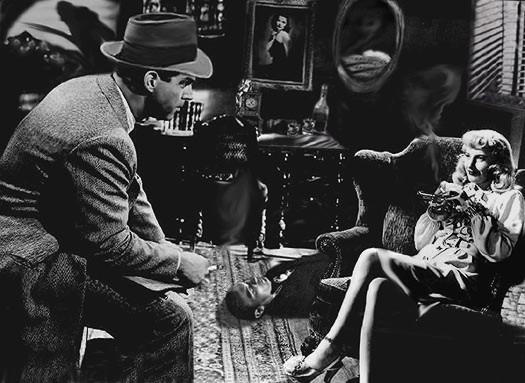
Kazuo Ishiguru is one of my favorite living authors but I will not here compare book to movie because, well, though it sits on my shelf I haven't read the book, but I also admire how Ishiguru himself said that once he signed over the film rights, as far as he was concerned whatever was created was something he could lay no claim to, he was simply eager to see what would happen.
The film describes a world, very near to our own (end-of-the-20th-century Britian), in which clones are created as living organ farms in order to increase the life-span of non-clones (presumably for those who can afford such a thing as there seem to be far fewer clones than non-clones and the clones are very well taken care of). The film had the potential to be great. The script was solid enough, though lacked a layer or two of finesse, the production gorgeous, if a little too gorgeous in that Merchant & Ivory way, which might have added something wonderfully creepy but the cinematography and production design seemed more intent on looking good than on providing contrast to the content. My biggest objection, however, was the casting. The three stars--Keira Knightly, Carey Mulligan, and Andrew Garfield--were excellent but the trio (and Keira Knightly most glaringly) had too much of the Movie Star aura about them to let this film deepen and mull as it needed to. Three unknown actors would have made a huge difference in allowing the material to truly disturb. Instead the audience is constantly distracted from the claustrophobic and horrific sadness of the story by the cult of the glam personality. (Same goes for Charlotte Rampling.) The result, I fear, is that most people will come away from this very prescient, not-so-science-fictional tale with the idea that it is a metaphor for and musing on our own mortality, when it could have been a very subtle and sophisticated damnation of our capitalist society and the rigid class system that prevails despite all attempts (albeit feeble) to do away with it under some guise of social justice. Of course, the film's greatest strength is also it's greatest flaw. It works hard to convey the idea that in this world cloning for organs seems so utterly reasonable that no one, neither the clones themselves nor the society at large, seriously objects to the practice. It's just accepted as another of life's necessary evils. We're all going to die some day anyway, the organ-donating clones just somewhat before their time and after two or three gruesome operations. This speaks to so much of what occurs every day in our here and now--organ farming actually does happen, but also horrific pracitices such as clitoridectomy or slavery or gross disparity of wealth, one country has an obesity problem while another starves. We all, more or less, accept these things, relying on the truism that this is just how it is, there's really not much we can do about it. It's a utilitarian world, after all. But the film never really leads us here. With all its high production qualities and fancy cast, implausibility reigns and the audience is sure cloning for organ farming could never, ever, happen, especially in England, or America, where there is a strong tradition of humanism and individualism and especially of fighting the enemy without (while entirely ignoring the enemy within). I was not unhappy I saw this film but it was most certainly was a missed opportunity.



Romanek was the director - I think you meant Andrew Garfield.
ReplyDeleteSo I did. I love a close reader.
ReplyDelete